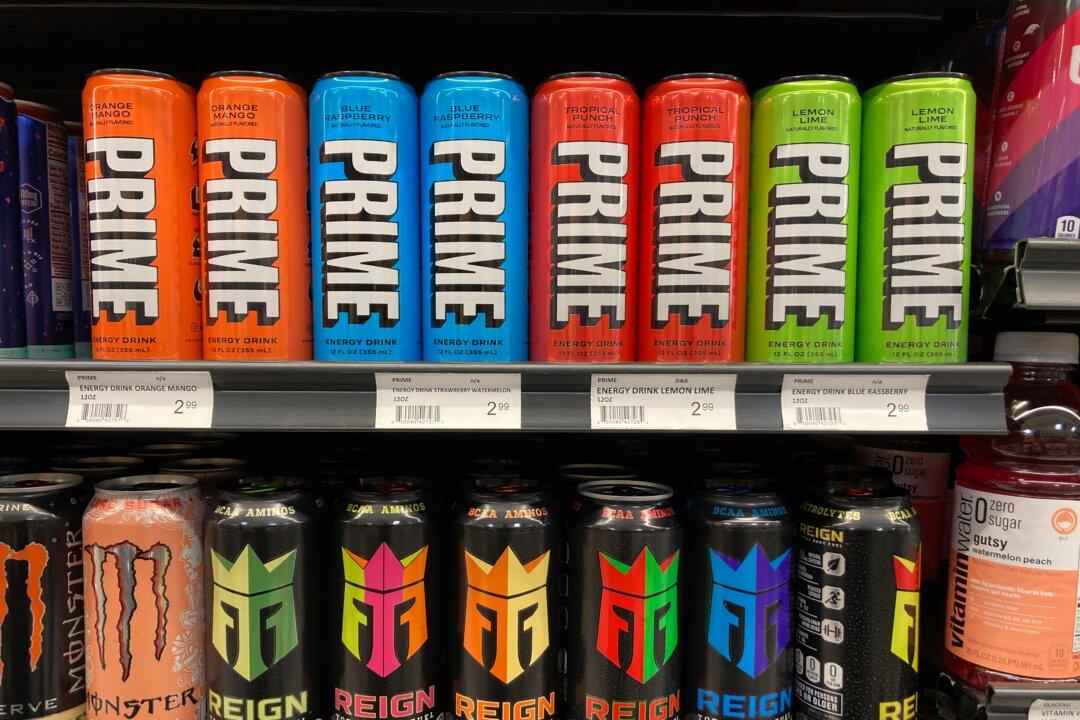Six more energy drink brands have been recalled by the government on top of another six recalled earlier this month for noncompliance with caffeine content and labelling regulations.
“The affected products are being recalled from the marketplace due to various non-compliances related to caffeine content and labelling requirements,” said a July 28 notice issued by Health Canada. A product recall by the Canadian Food Inspection Agency (CFIA) followed.





